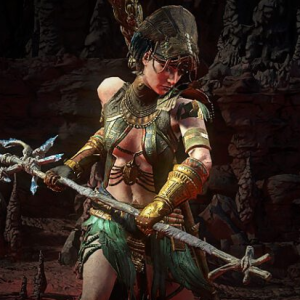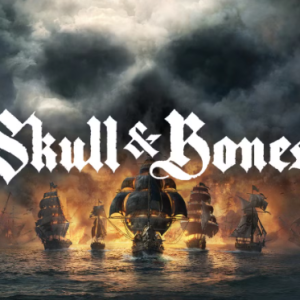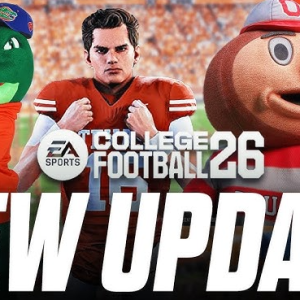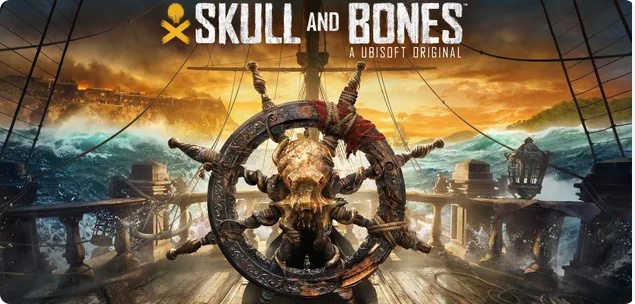Simplify and Focus Gameplay
Trim Crafting Overload: Remove redundant or overly complicated crafting trees to highlight player creativity and choice.
Encourage Skillful Play: Design progression systems rewarding tactical combat, exploration, and clever resource management instead of tedious grinding.
3. Enhance Naval Combat
Wind and Weather Mechanics: Add depth by including realistic wind effects, weather changes, and ship handling challenges.
Boarding and Tactical Options: Expand boarding mechanics into engaging mini-games, and introduce ship classes with distinct strengths and weaknesses.
4. Fair Monetization Practices
Cosmetic-Only Purchases: Keep all gameplay advantages locked behind skill and effort, ensuring microtransactions don’t affect competitiveness.
Narrative-Focused Updates: Provide story-driven seasonal content to maintain player interest through rich world-building rather than grinding.
5. Empower Player Storytelling
Customizable Pirate Identity: Allow players to craft their own backstories, flags, and reputations that influence interactions with NPCs and other players.
Alliance and Betrayal Systems: Enable meaningful social gameplay with crew alliances, trade deals, and high-stakes rivalries.
Lessons from Industry Comebacks
Games like No Man’s Sky and Sea of Thieves prove that initial disappointment doesn’t mean a game can’t recover. By listening to players, simplifying systems, and delivering meaningful content, these titles transformed their reputations and built dedicated fanbases.
Ubisoft has the resources to guide Skull and Bones through a similar rebirth, provided they commit to refining the experience and prioritizing player agency over monetization or feature bloat.
Conclusion: The Pirate’s Life Is Still Calling
Skull and Bones may have stumbled out of the gate, but the dream it promised is far from lost. With a renewed focus on sandbox freedom, engaging naval combat, and fair progression systems, it can become the pirate adventure gamers have been waiting for.
















